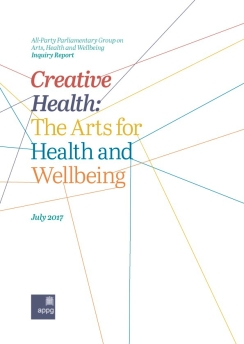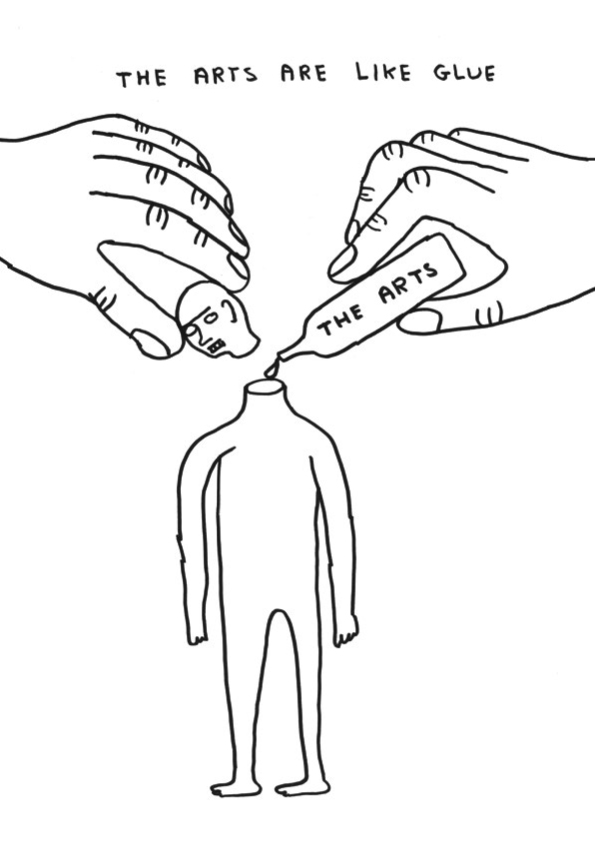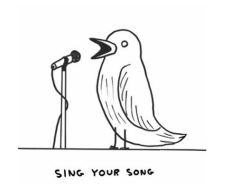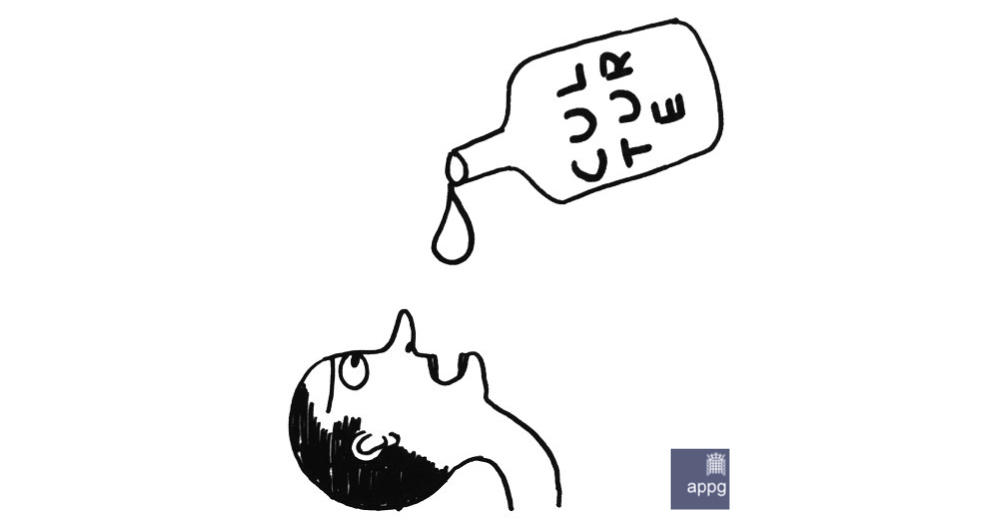 The new All Party parliamentary Group for Arts Health and Wellbeing report – Creative Health – is a landmark moment for the arts and health sector. A sector which dates back to the 1970s when some hospitals began exploring the impact of artists working with patients and transforming healthcare environments, has grown and developed to encompass a huge number of different iterations and ideas. The report’s launch, the product of two years of research and roundtables has been ably corralled by the researcher Dr Rebecca Gordon Nesbitt and supported by the National Alliance for Arts, Health and Wellbeing (not least the indefatigable Alex Coulter of Arts and Health South West who did so much to realise the potential of the inquiry). Its publication feels like a coming of age moment for the arts and health movement in the UK and is significant for three specific reasons.
The new All Party parliamentary Group for Arts Health and Wellbeing report – Creative Health – is a landmark moment for the arts and health sector. A sector which dates back to the 1970s when some hospitals began exploring the impact of artists working with patients and transforming healthcare environments, has grown and developed to encompass a huge number of different iterations and ideas. The report’s launch, the product of two years of research and roundtables has been ably corralled by the researcher Dr Rebecca Gordon Nesbitt and supported by the National Alliance for Arts, Health and Wellbeing (not least the indefatigable Alex Coulter of Arts and Health South West who did so much to realise the potential of the inquiry). Its publication feels like a coming of age moment for the arts and health movement in the UK and is significant for three specific reasons.
Firstly, the report is not a complete reinvention of the wheel. It is built on the shoulders of significant evaluations and reviews of research – not least Rosalia Staricoff’s review of the medical literature in 2004 and her subsequent updating of this with Professor Stephen Clift in 2011. Moreover the report builds on the work that Stephen Clift and the Royal Society for Public Health have undertaken to develop and consolidate the research into the impact of the arts – not least in the establishment of a Special Interest Group. What the report does that is new is bring together the most up to date research into arts and health along with a cross section of the very best in arts and health practice from across the country. By juxtaposing intellectual rigour with the knowledge of the best practice which the National Alliance for Arts Health and Wellbeing could provide, the report makes a compelling case for the arts in health and wellbeing.

Another new element is the way in which the report sits the arts therapies alongside the best in arts and health practice. This is genuinely new and overcomes some of the artificial divide which had emerged between these different areas of practice since the late 1990s when Art, Drama and Music Therapists gained registration as Allied Health Professionals. The report clearly acknowledges the need for different arts interventions across a spectrum of clinical need and it trumpets the impact of arts therapies specifically for different needs. This is important because for many years the arts therapies have sat to one side of the arts and health movement. The report places them at the heart of the wider field of arts and health with their expertise as an inviolable and invaluable part of contemporary healthcare provision.
Finally, what the report does best of all is translate clearly and comprehensively the ways in which the climate for arts and health can be improved through distinct action in the policy arena. The ten recommendations of the report are clear, simple and achievable. They do not call for new money – just for new ways of thinking, they are targeted at the people (doctors, politicians, civil servants) who can effect change and offer concrete guidance for what would make a difference. They also act as a call to arms for those working in this area – there are clear actions everyone working in this area can pick up and utilise.

The report is a fantastic platform for the community of arts and health practice. It offers us the opportunity to declare our identity and own our space in the health sphere. It also lays down a challenge to those working in this area to take the report and to help deliver it. Over 200 witnesses contributed to the roundtables and hundreds of organisations submitted examples of best practice. The next stage is for all of us to take on the responsibility of sharing the report, encouraging everyone we encounter to embrace its recommendations and to join in advocacy for this sector. As Lord Howarth of Newport who has so determinedly steered the APPG and led the work on the report said at its public launch in Manchester: “It is those working in the field who need to lead… change has to well up from the grassroots.” Now we have come of age, let us make some noise.
